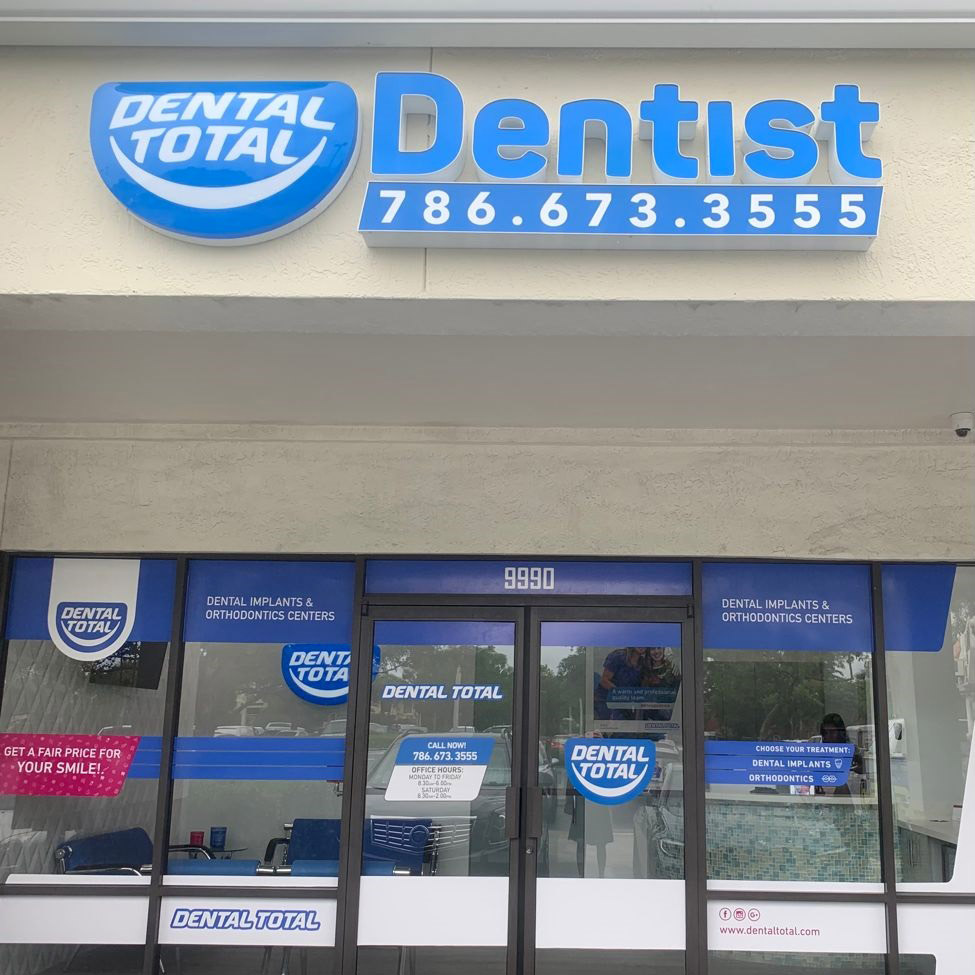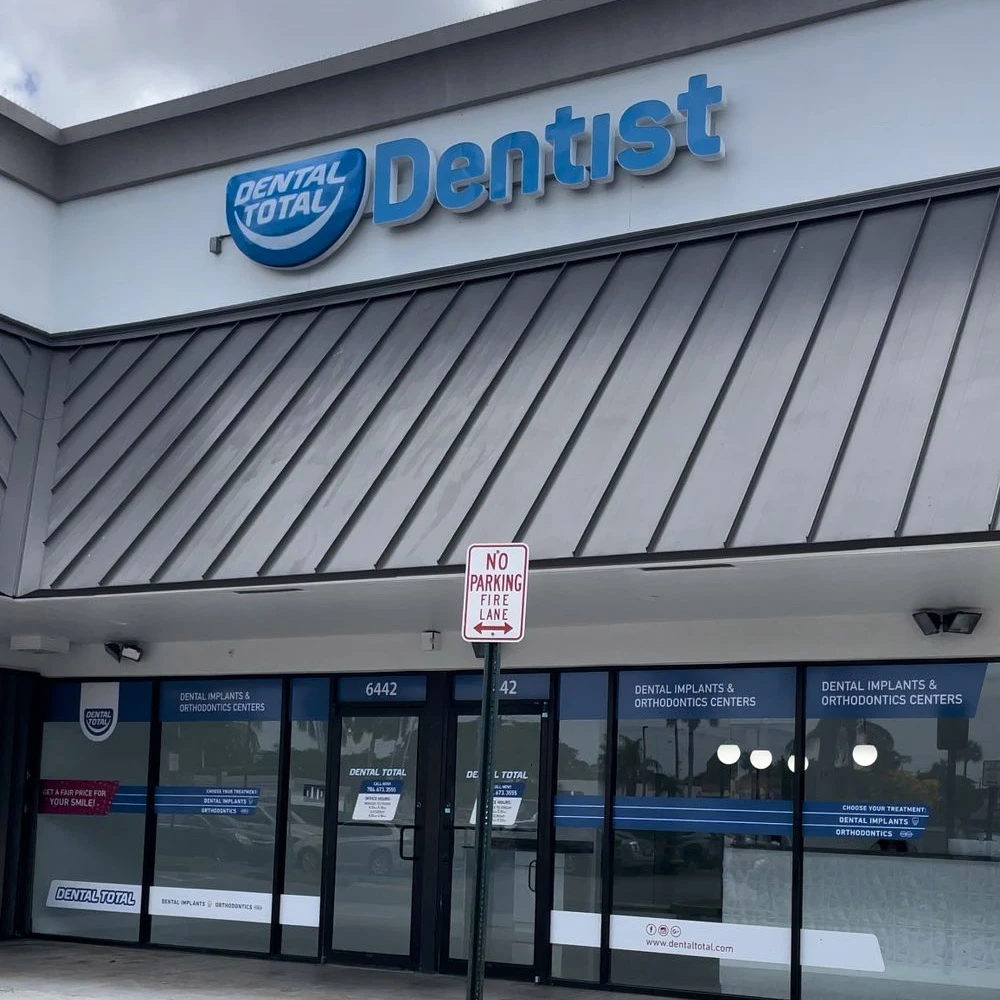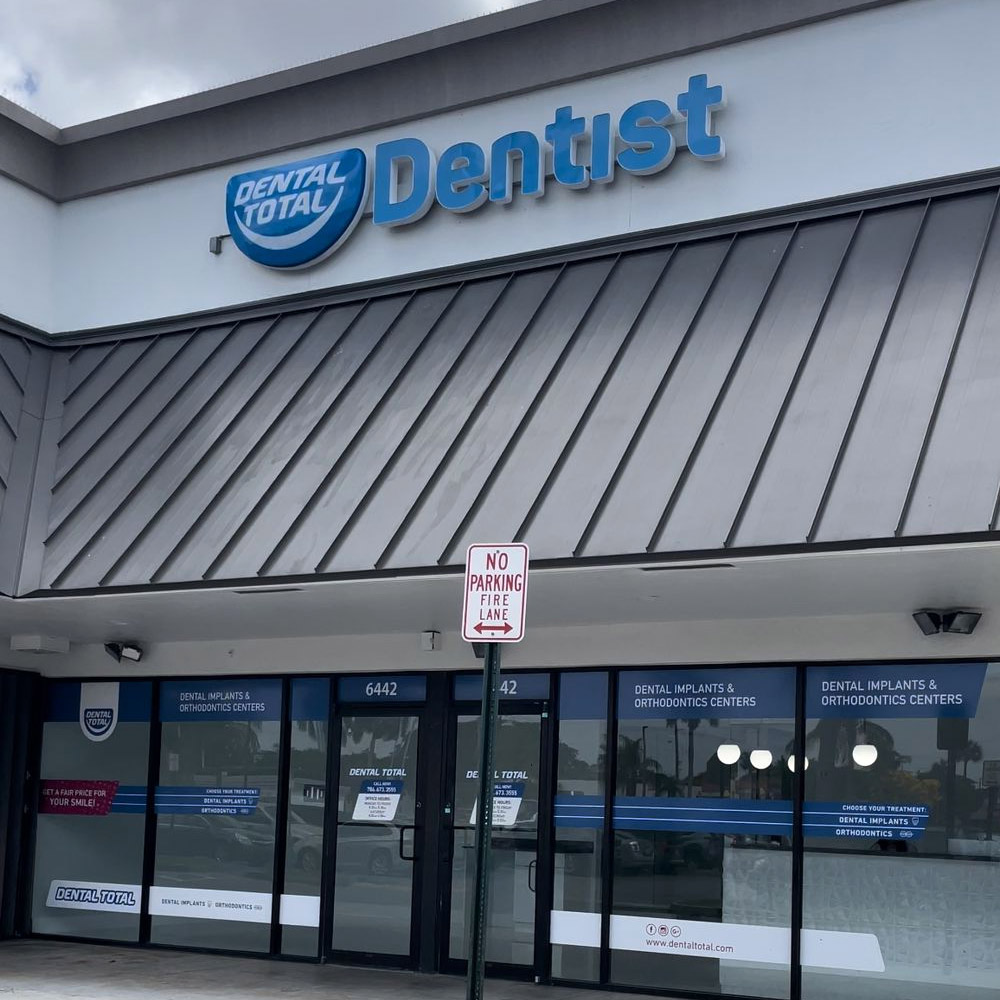Know the Advantages
Crowns placed over implants look the same as natural teeth.
Individual teeth can be restored without damage to the nearby teeth.
Fixed dentures can be attached to dental implants, thereby requiring no removal for cleaning.
Removable dentures can be attached to dental implants in scarce jawbone.
Dental implants are made of titanium, which is the material best accepted by the body.
How Does an Implant Work?
Unlike other oral restorations, a dental implant does not require the support of other teeth. Dental implants use a titanium post to fuse the artificial root (post) with the surrounding bone. After the dental implant procedure, the bone heals around the implant and holds it in its place as it does with a natural tooth.
Dental implants are also used to support other whole dental prosthesis, like removable dentures, permanent bridges and crowns. Dental implants also ensure that dentures never fall out, allowing the person to eat and smile with confidence.







